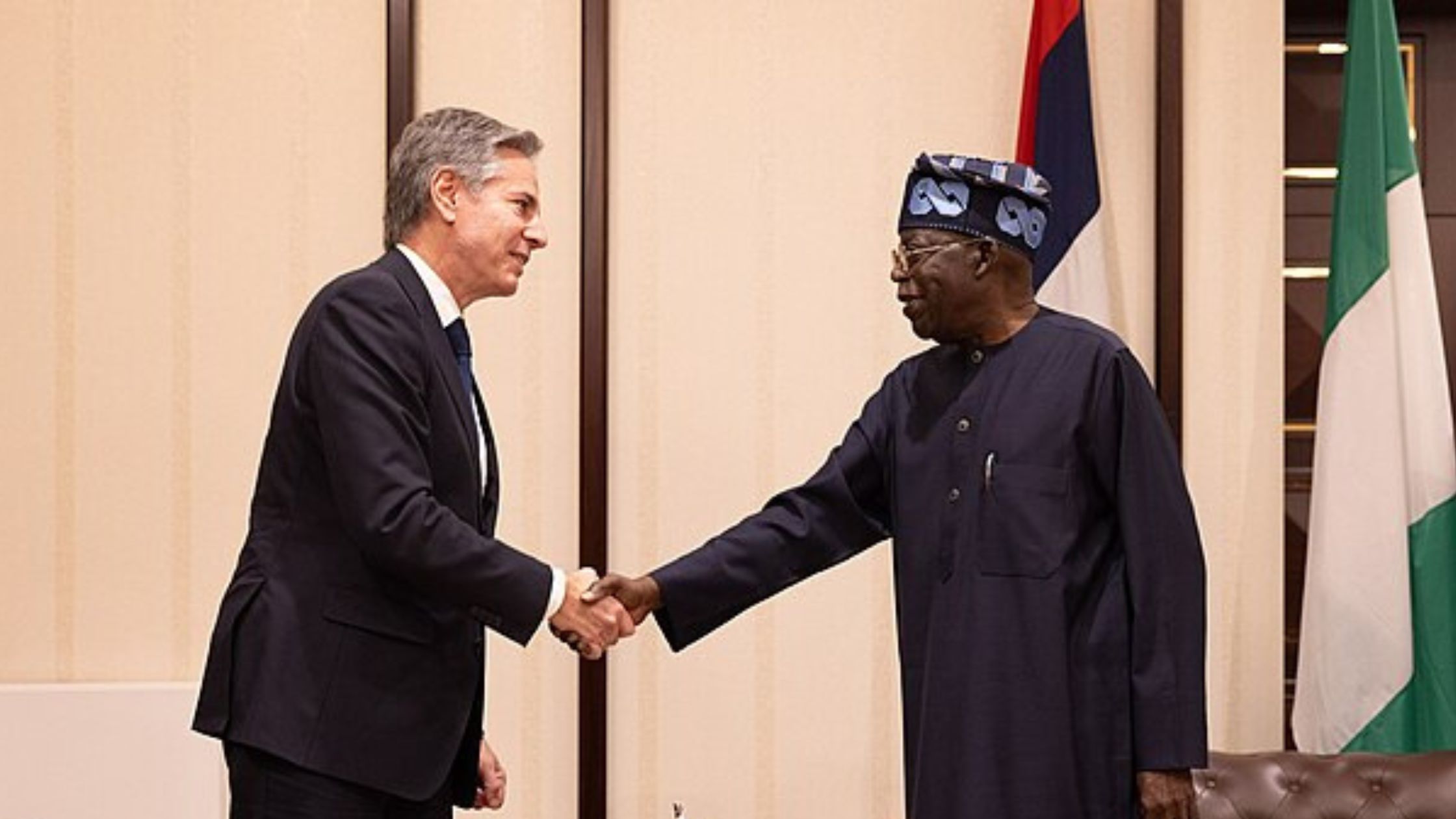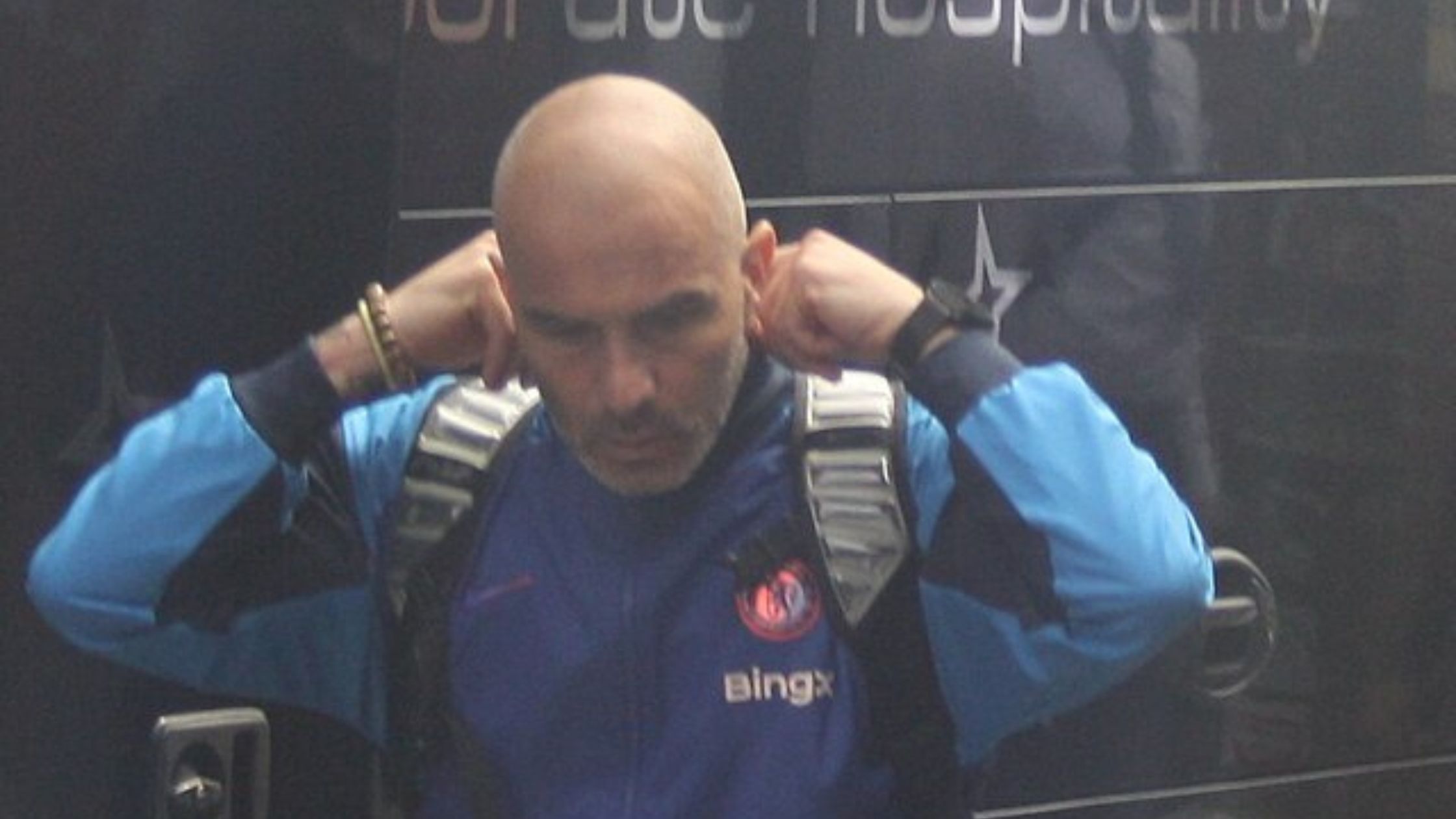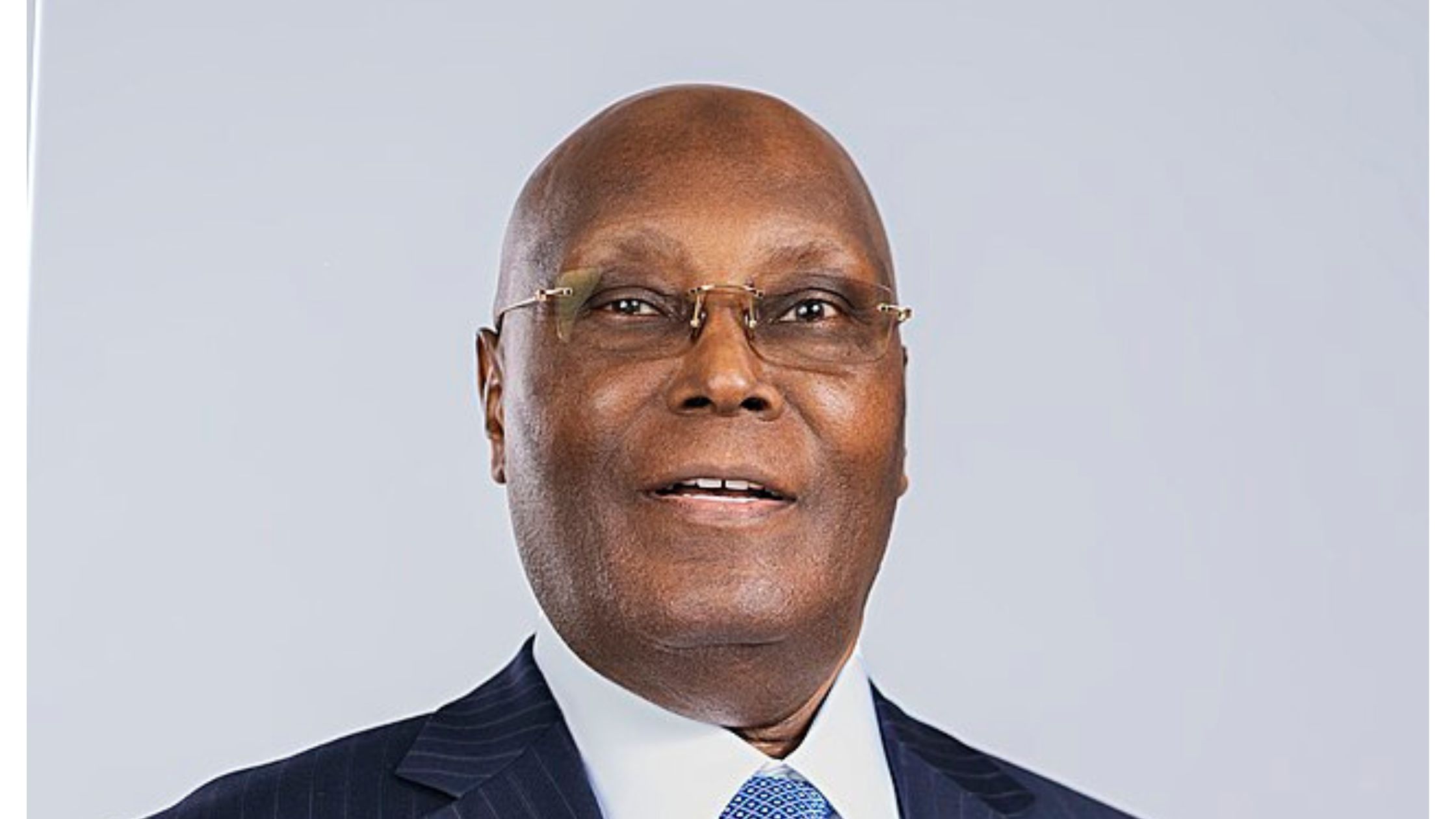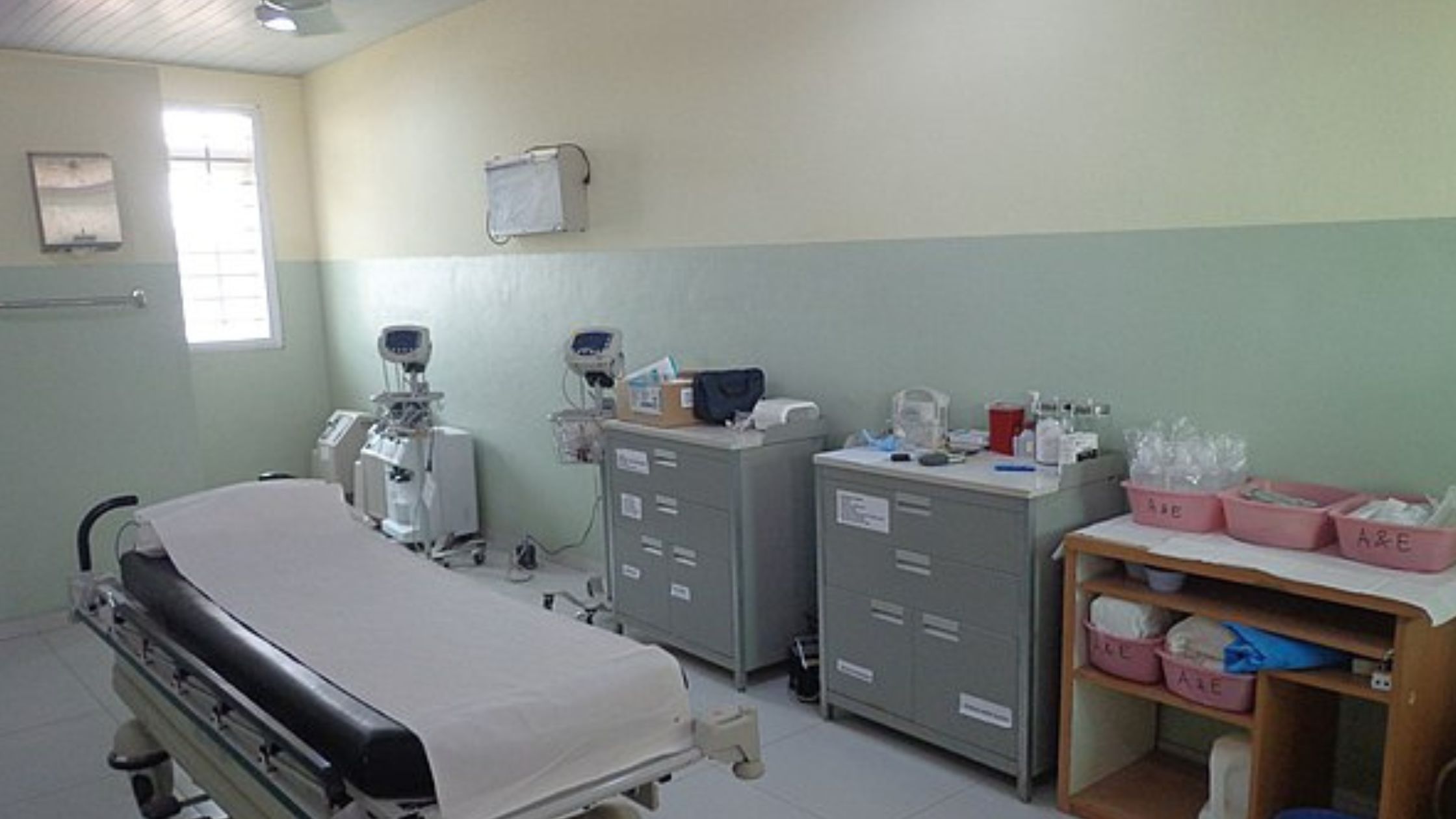President Bola Tinubu’s administration has, in under two years, borrowed $6.45 billion (about N9.675 trillion) from the World Bank, breaking every previous record set by any Nigerian government. For a country already battling a mounting debt profile, this revelation has triggered serious concerns across economic and political circles.
The loans have been justified by government officials as necessary for financing critical sectors like power, agriculture, healthcare, and education. According to them, the money will help stimulate growth and stabilize the economy. But on the streets, the story feels very different. Nigerians are facing skyrocketing inflation, unstable electricity supply, an ever-weakening naira, and an economy that seems harder to navigate by the day.
Financial analysts have warned that these heavy external debts could turn toxic if not properly managed. Repayment obligations will weigh heavily on future governments, and more importantly, on ordinary Nigerians who are already overtaxed and underserved.
Critics argue that the borrowing is happening without clear, visible results to show for it. They question where the billions have gone when hospitals remain underfunded, schools are struggling, and infrastructure projects barely move. For many citizens, this borrowing spree feels like mortgaging the future without a clear repayment plan — another chapter in the long history of broken economic promises.






Leave a Reply